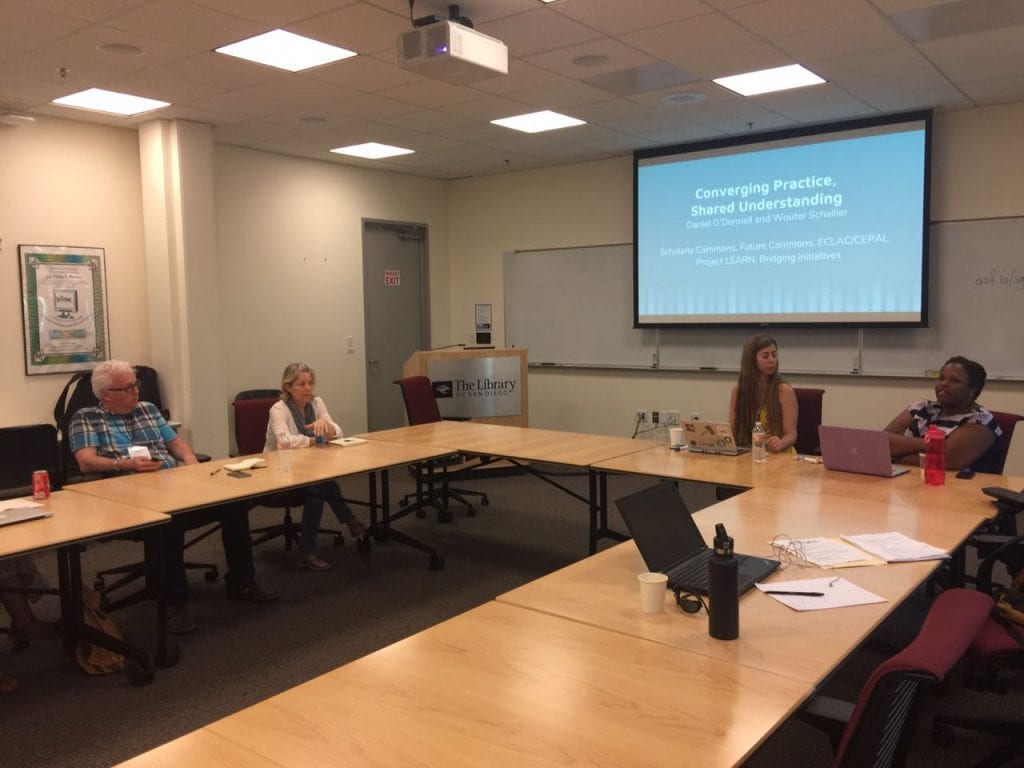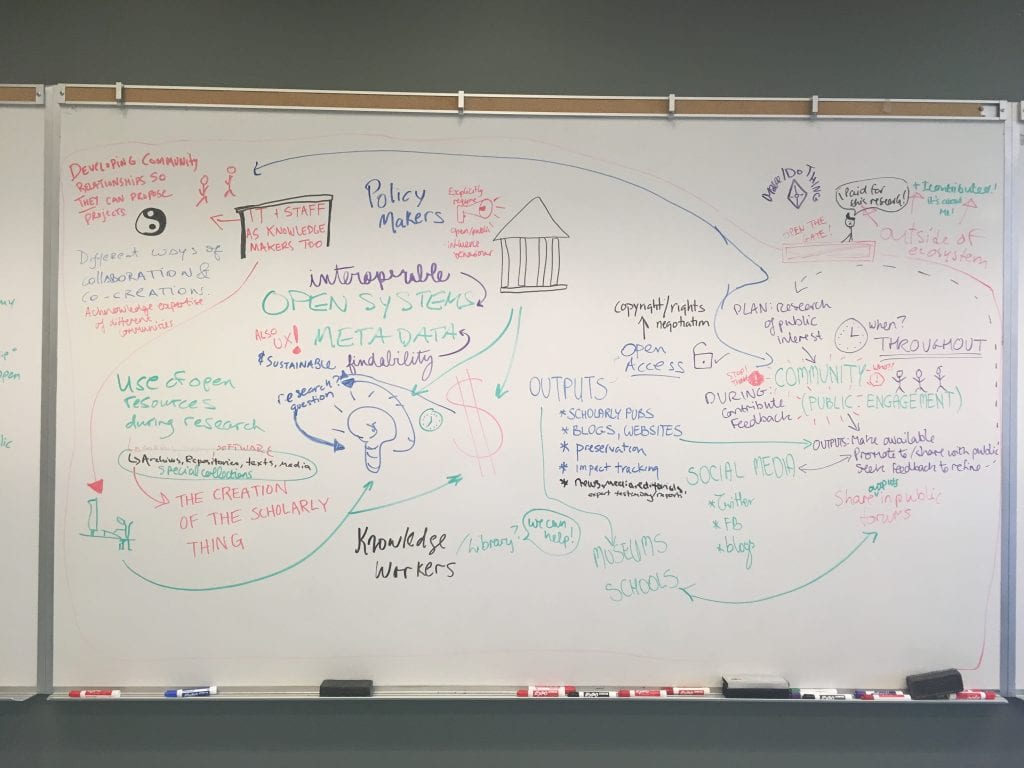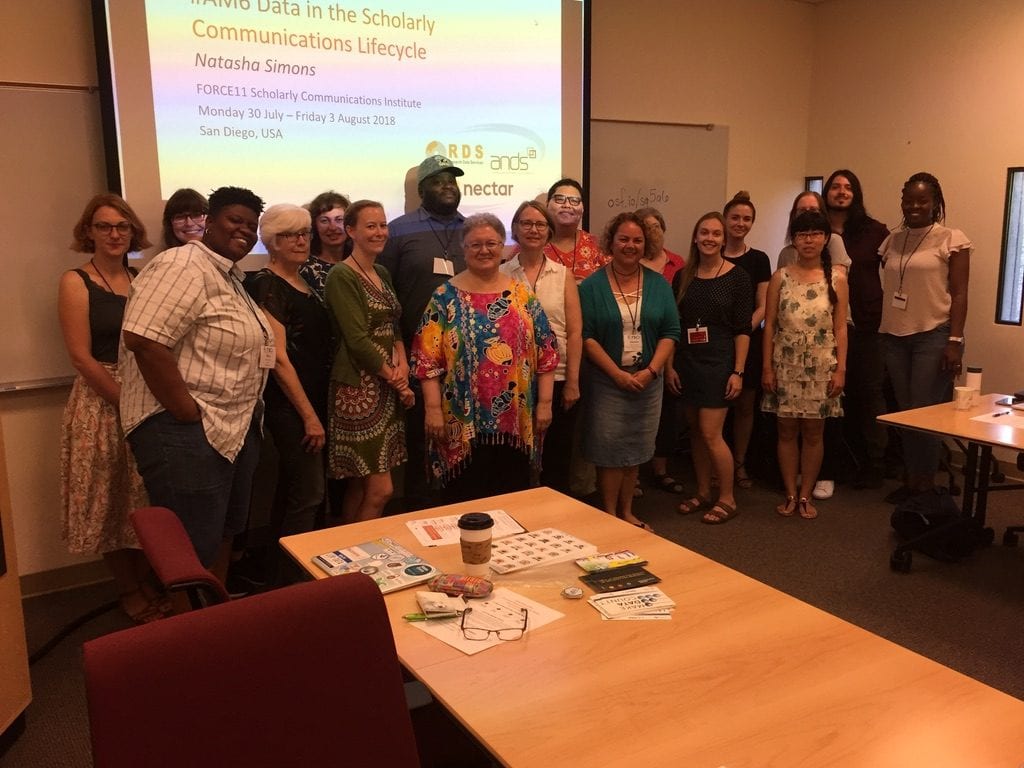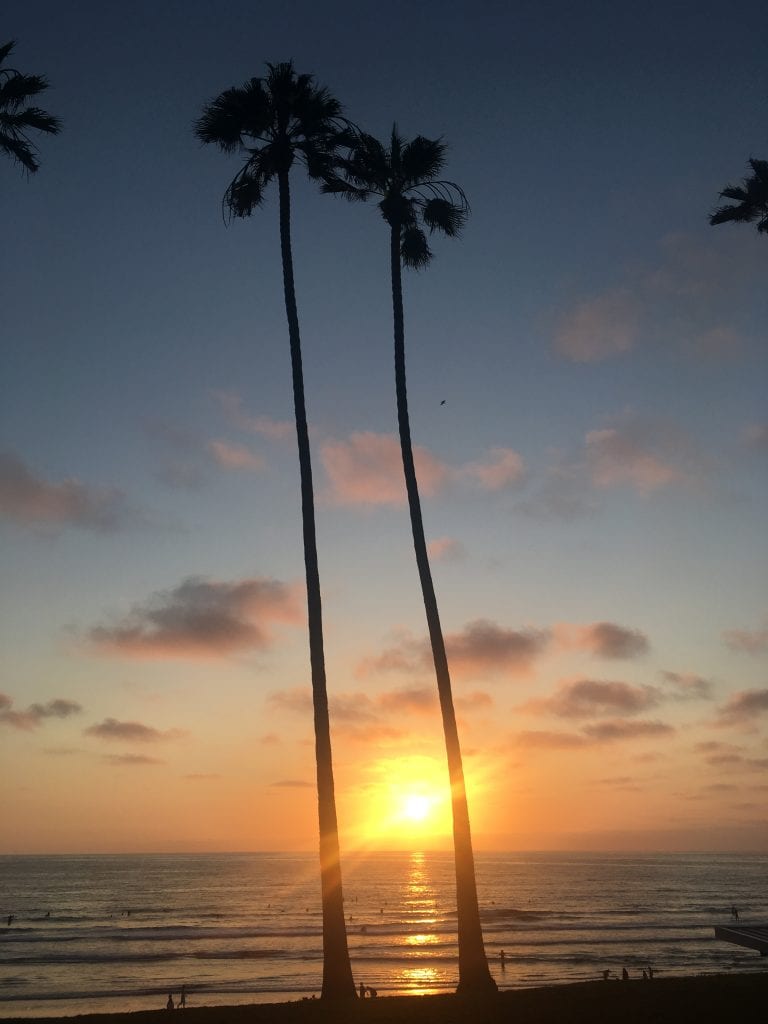Office for Open Science and Scholarship – Launch events roundup!
By Kirsty, on 28 September 2020
The UCL Office for Open Science & Scholarship is designed to create a virtual body which can work with academic colleagues, departments, and research groups to develop and publicise all our Open Science activities across the institution. The Office’s website has a section on Community and Support and this is the place where we hope to reach out to Open Science & Scholarship communities across the whole of UCL, to engage with them and to help create a UCL-wide community of Open Science Practice.
The Office for Open Science and Scholarship will be launched in two phases. The soft launch at the start of the academic year 2020-2021, and a full launch with a week of events timetabled for Open Access week, 19-23 October. The full schedule can be found with sign up links below! If you are planning something for Open Access week please let us know at openscience@ucl.ac.uk.
Launch week events
During the week of 19th October, we are going to be launching the Office for Open Science and Scholarship with a week of events celebrating all of the aspects of Open Science and coinciding with International Open Access week – some events are open to UCL members only, please see below for details.
There are no costs for attendance but we are asking people to sign up so that we can share the links and keep track of numbers for the Drop-in events.
Monday 19th October
- UCL Office for Open Science and Scholarship Launch – Lunchtime Webinar: 1-2pm
Join the Head of the Office for Open Science and Scholarship, Dr Paul Ayris, and a number of teams from across the university to celebrate the next steps in Open Science support at UCL. This webinar will tell you all you need to know about the new office, and what it can do to support you to embrace Open Science and Scholarship in your work.
Sign up via Eventbrite to receive a link to join the session – Now Open to non-UCL bookings
- ReproHack @ UCL – Introductory session 2-4pm
A ReproHack is a hands-on reproducibility hackathon where participants attempt to reproduce the results of a research paper from published code and data and share their experiences with the group and the papers authors. During this week you will learn how to implement better reproducibility practices into your research and appreciate the high value of sharing code for Open Science. This event is open to all domains, all we need is a published paper that has included some code with it. During this week we will try to reproduce papers you propose in small teams, supported by members of the Research Software Development Group and RITS. On Friday afternoon we will have a catch-up session to show how each team did and to share experiences.
Sign up via Eventbrite to receive a link to join the session!
Tuesday 20th October
- Introduction to InCites – 11am-12noon
The InCites tool (https://incites.clarivate.com/) uses Web of Science data on publications to give a wider overview of research activity, with aggregated data and visualisations. We can use it to compare research output across different institutions, analyse publication data for UCL at the department and faculty levels, and understand activity in a research field as a whole.
It also gives us access to normalised citation metrics, which give more complex and informative information than the simple citation counts available through Web of Science or Scopus. These take account of the different citation practices in different fields, allowing more meaningful and responsible analysis to be made.
Sign up via Eventbrite to receive a link to join the session
- OA Week: Ask UCL’s Open Access Team – 2.30-3.30 pm
This event, for UCL researchers, is an opportunity to ask questions about the new open access funding arrangements, including transformative agreements, that UCL has introduced this year, and to make sure that you’re confident about the open access requirements that affect you. Researchers are encouraged to submit questions in advance.
Sign up via Eventbrite to receive a link to join the session
- RELIEF Centre Launch: Hamra (Beirut), Neighbourhood Profile and Prosperity Interventions – 11am-1pm
RELIEF Centre and UN-Habitat Lebanon present a new neighbourhood profile for Hamra, Beirut. Through participatory citizen science research, the Hamra Neighbourhood Profile offers original spatialized data and analysis on the living conditions in one of the most culturally diverse neighbourhoods in Lebanon
Join us for the launch of this incredible new data resource. Hear from UN-Habitat and RELIEF Centre researchers on the purpose and process of creating the profile. Drawing on the profile’s data, RELIEF citizen scientists will also present three neighbourhood interventions and lead a discussion on how multisectoral and multicohort data from profiles can inform integrated programming for neighbourhoods in ways that can benefit all residents in the long term.
Sign up via Eventbrite to receive a link to join the session – Open to non-UCL bookings
Wednesday 21st October
- Introduction to Citizen Science at UCL – Lunchtime Webinar: 1-2pm
One of the eight pillars of Open Science, Citizen Science is a rapidly developing area full of exciting opportunities to try something new with your research. Join us and find out more about Citizen Science, what you can use it for, and how to get started using it in your own research, as well as showcasing examples from across UCL. Featuring an introduction to Citizen Science and lightning talks from across the university, we aim to show you the breadth of possibilities and hope that you will be able to join the discussion, learn about Citizen Science, and get some ideas for your next project!
Sign up via Eventbrite to get a link to join the session – Now Open to non-UCL bookings
- UCL Press and OA Monograph publishing: A drop-in session for prospective authors: 3-4pm
This session will be an opportunity to meet with commissioning editors and other staff from UCL Press who will describe the benefits of publishing OA and the global reach that can be achieved through its extensive OA dissemination and marketing activities. Commissioning editors will also be on hand to discuss new book proposals and the submissions process.
Sign up via Eventbrite to receive a link to join the session
Thursday 22nd October
- OA Week: Research Data Management Team Drop-in Q&A session: 3-4pm
Join the Research Data Management team to get an overview of their work and ask all of your questions about how to manage, publish and archive all kinds of data, materials and other outputs of research projects.
Sign up via Eventbrite to receive a link to join the session
Friday 23rd October
- UCL Press: Author Experiences of publishing OA books: Lunchtime Webinar: 1-2pm
Join UCL Press authors to explore how their experiences of publishing have changed their perspective on open access books.
Confirmed participants include:
- Professor Eleanor Robson (UCL History), author of Ancient Knowledge Networks: A Social Geography of Cuneiform Scholarship in First-Millennium Assyria and Babylonia (UCL Press)
- Professor Bob Sheil (Bartlett School of Architecture), editor of the Fabricate series
Sign up via Eventbrite to receive a link to join the session – Now Open to non-UCL bookings
- ReproHack closing session – 3-4pm
See full details on Monday for how to get involved.
 Close
Close











